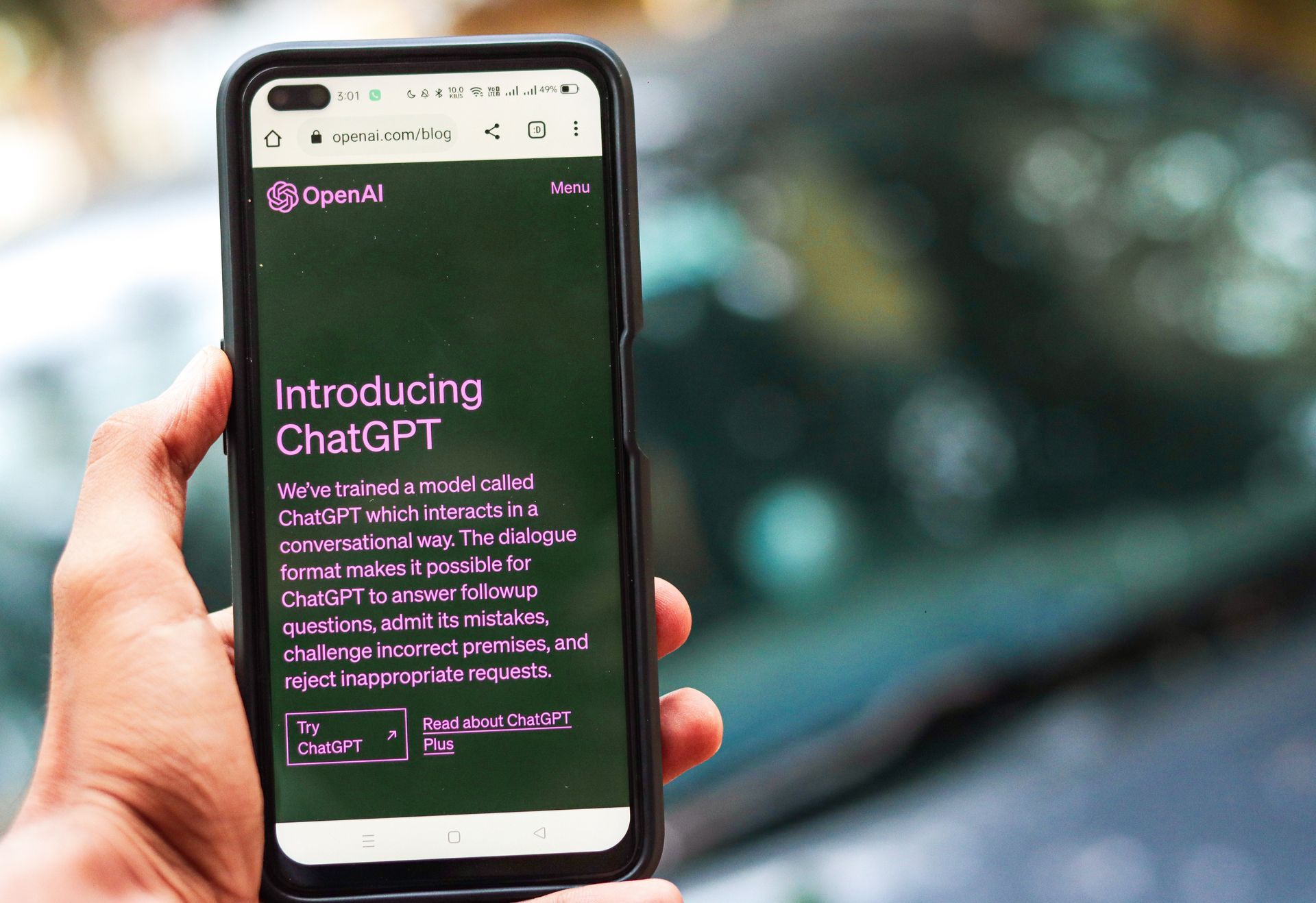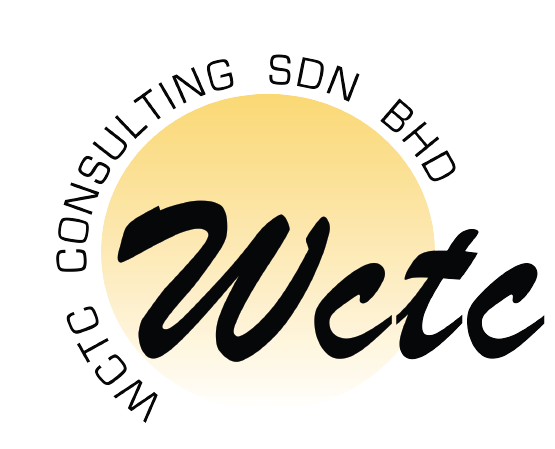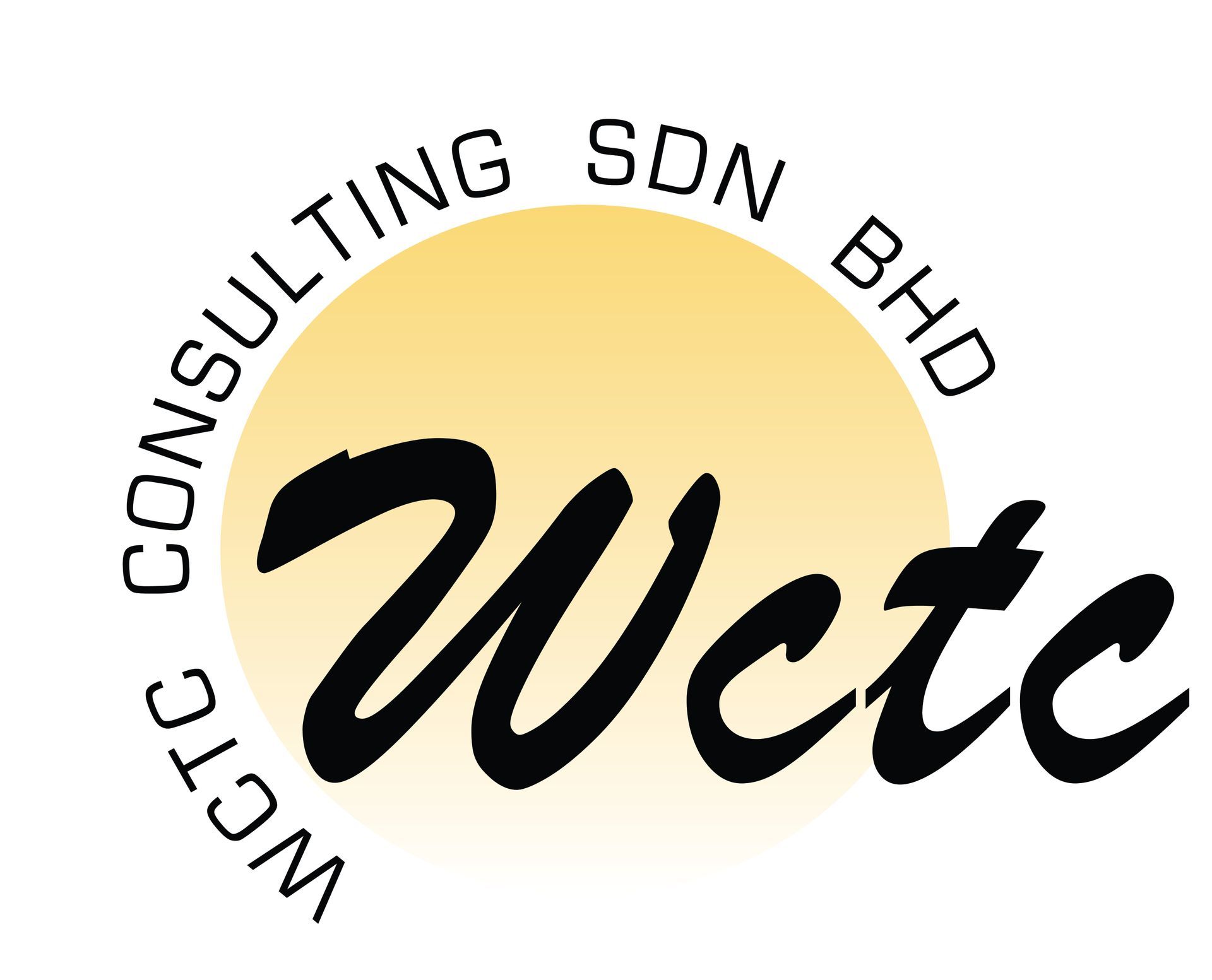OVERVIEW
In today’s competitive business environment, organisations need to keep changing and upgrading to improve their products or services to remain relevant and competitive. As an organisation changer, facilities are also required to undergo transformations to support and enable organizational change.
Facilities management effort is largely aimed at conducting continual facilities improvements since most repetitive activities have been outsourced. The primary focus is adding value to its organisation through initiating and implementing projects that support business objectives, needs, changes and challenges.
Project management skills are more important now than ever, in the new normal after Covid, for facilities managers to provide leadership in initiating facilities solutions to support organizational change and enhancing facilities services to be innovative, productive, and create a better-quality workplace.
Managing facilities projects is different from managing routine tasks. The primary responsibilities are to plan, organize, and control a project to its successful completion and to ensure smooth transition to operations. To do that, the facilities manager needs to gather what work needs to be done, get the right resources to the right work, manage the communication among all the stakeholders, people who have vested interest in the project, involved and control the plan when the project requirements change.
Chances are you have been or are anticipating being tasked to manage projects because you have shown great success getting tasks done. When that happens, you will be tempted to neglect the strategic aspect of the facilities management’s role and immerse yourself in the tactical and operational aspects.
This seminar sets out to demystify the project management process and equip the team with the tools and techniques to control as well as deliver projects in line with expectations. Participants will be shown how to define a project brief, assign responsibilities, produce a time plan, communicate and measure progress, troubleshoot, control documents and to assemble support. The trainer will take delegates through a tried and tested facility project knowledge and illustrate the application of a feasible methodology.
LEARNING OBJECTIVES
- COMPLETE Projects As An Initiator Of Change To Support The Organisation’s Objectives
- MEASURE Facilities Projects In Line With Objectives, Budgets And Expectations
- EXPLAIN Project Management Process That Is Relevant To Facilities Projects
- IDENTIFY Tensions And Challenges In Managing Facilities Management Projects
- DISPLAY Knowledge on Application of Project Management Tools And Techniques
- ENSURE Project Success By Utilising The Project Success Formula = TCQ + SS + P3
- ANCHOR The Key Activities Of Each Project Phase
CLICK HERE to see more

Other Workshops:




